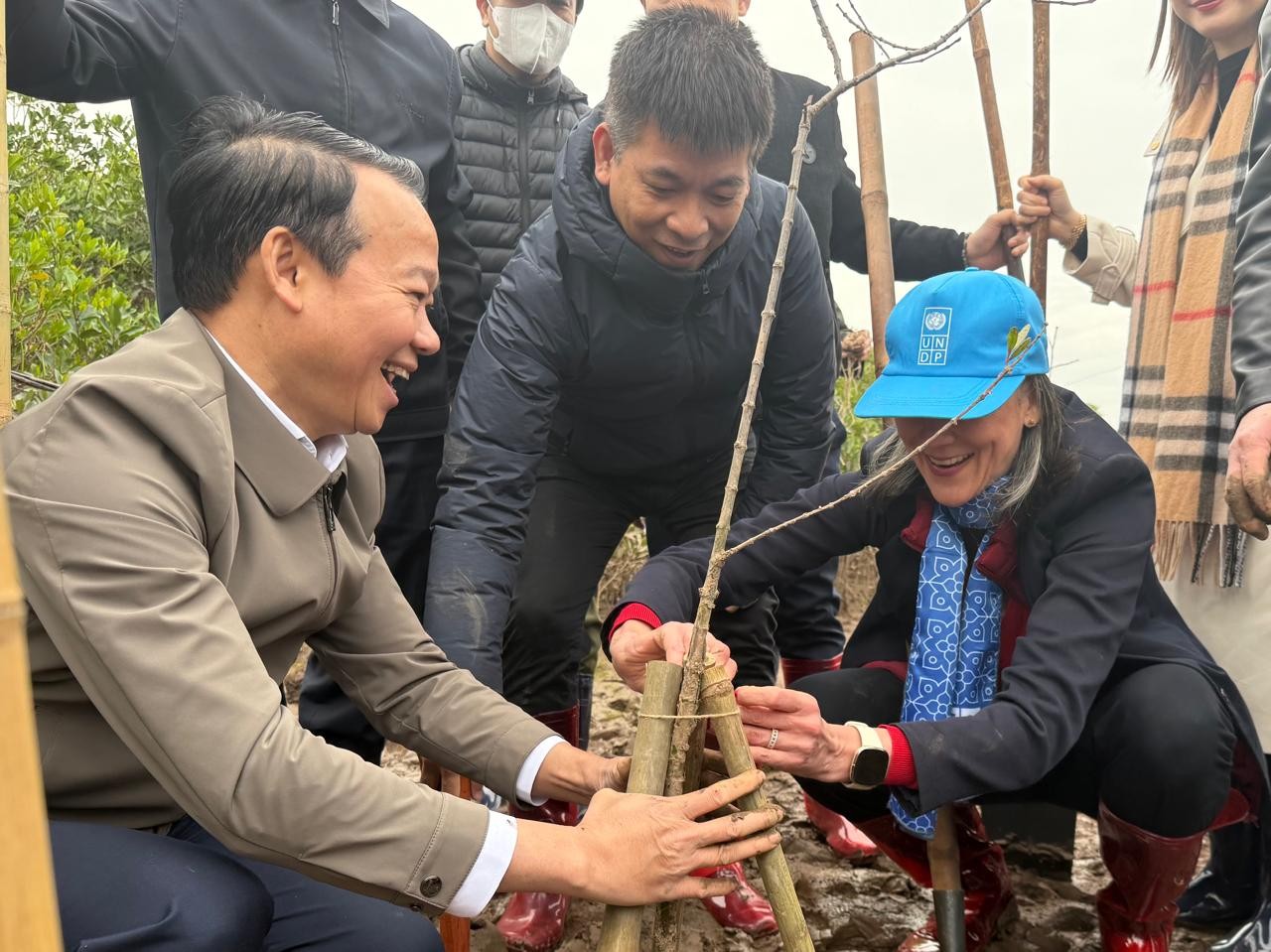UN Agreement on Biodiversity Beyond National Jurisdiction: 20-Year Journey Towards Sustainable Oceans
| Vietnam Ready to Cooperate for Nature Conservation and Biodiversity at COP16 | |
| UN Agreement on Biodiversity Beyond National Jurisdiction: New Milestone of International Law |
New developments aligning with global trends
Associate Professor Dr. Nguyen Thi Lan Anh, director of the East Sea Institute (Diplomatic Academy of Vietnam), highlighted four key aspects of the BBNJ (Biodiversity Beyond National Jurisdiction) that could support the implementation of UNCLOS in the coming years. These include defining critical terms, establishing responsibilities for cooperation on marine resources and technology transfer, introducing the clearinghouse mechanism for information sharing and facilitating collaboration, and creating mechanisms for periodic monitoring and capacity building.
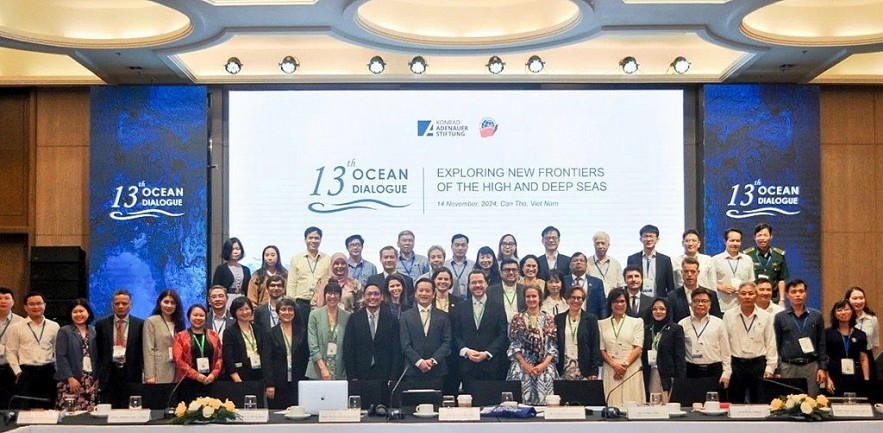 |
| The 13th Ocean Dialogue focused on discussing the role of the BBNJ Agreement. Photo: Pham Hang |
Dr. Tran Thi Ngoc Suong from the University of Danang emphasized the significance of the BBNJ in establishing specific and detailed rules for implementing UNCLOS, thereby enabling assessments of the impact on the marine environment.
Suong underscored the importance of evaluating human activities to mitigate negative impacts on the environment and ensure compliance with the BBNJ. She noted that under the BBNJ, countries are responsible for conducting environmental impact assessments for marine activities. Even activities within national jurisdiction can have environmental effects beyond such boundaries.
"UNCLOS contains provisions regarding parties' responsibilities towards the environment. However, the BBNJ provides more detailed guidance on impact thresholds, followed by a consultation process to include in reports. This makes it possible to address challenges and evaluate the impacts of activities beyond national jurisdiction," Dr. Tran Thi Ngoc Suong said.
"The more nations joining BBNJ, the better"
Speaking during the Dialogue, Rena Lee, Singapore’s ambassador for Oceans and Law of the Sea Issues and president of the UN Intergovernmental Conference on the BBNJ Agreement, emphasized that the success of BBNJ requires comprehensive participation, with as many countries ratifying the agreement as possible. Each nation must make its own efforts to ensure the ratification process aligns with an assessment of both the opportunities and challenges posed by BBNJ.
According to Ambassador Lee, the United States has been involved since BBNJ opened for signatures. The White House has issued a press release indicating that the U.S. will work towards ratifying the agreement. However, the U.S. legal system presents significant challenges, and the ratification process is expected to take time.
"The journey to achieve the BBNJ Agreement took 20 years. This underscores the importance of raising awareness about its significance and value. Ratification is only one part of the post-adoption process, we must also prepare for its implementation. Early discussions on BBNJ implementation are crucial to ensure that once it takes effect, the agreement can be applied immediately," Ambassador Rena Lee highlighted.
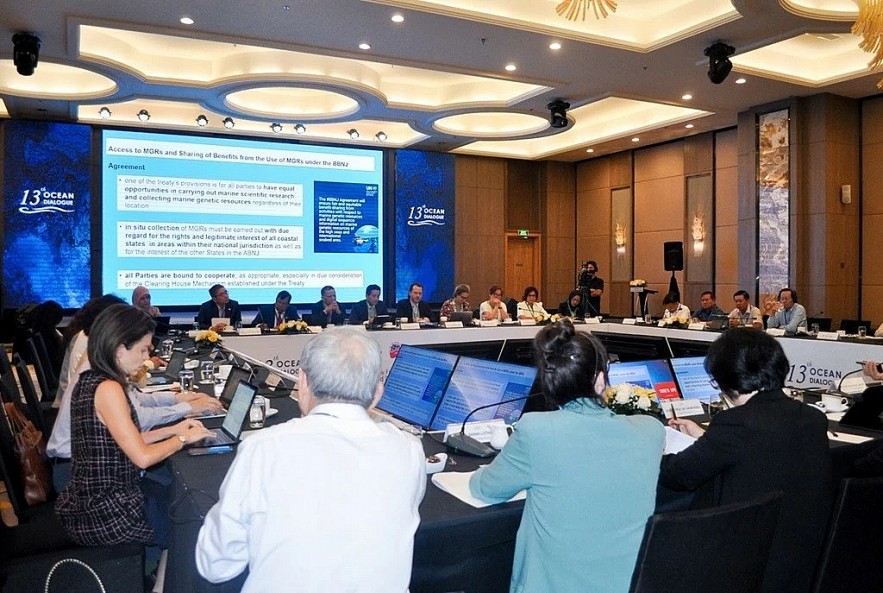 |
| At the event. Photo: Pham Hang |
Ambassador Rena Lee expressed her hope that the BBNJ Agreement would remain relevant in the future, even as circumstances evolve. According to her, BBNJ must possess the necessary flexibility to adapt to changing realities. She noted that BBNJ supplements and elaborates on several provisions of UNCLOS, offering more detailed regulations in various aspects.
Dr. Kristine Dalaker from Australia’s National Center for Ocean Resources and Security highlighted that certain aspects of BBNJ, such as the regulation of submarine cable networks, have not been addressed in depth. Given the increasing diversity and sophistication of these networks, they have become a critical component in discussions on sustainable development.
The BBNJ Agreement was introduced within the context of existing legal frameworks and regulations governing deep-sea mining activities, such as those established by the International Seabed Authority (ISA) and the 1994 Agreement relating to the implementation of Part XI of UNCLOS.
However, Dr. Digvijay Rewatkar, research fellow at the Center for International Law, National University of Singapore, emphasized that BBNJ strikes a balance between the obligations and benefits of states without diminishing the value of existing agreements or mechanisms. "BBNJ can complement rather than overshadow existing instruments, enabling current mechanisms to play their role in areas covered by BBNJ," Dr. Rewatkar said.
 | Biodiversity and Ecosystem Services Network Held Trialogue in Hanoi The Biodiversity and Ecosystem Services Network (BES-Net) holds a trialogue in Hanoi from 4 to 6 October 2023. |
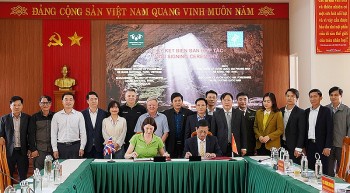 | Phong Nha-Ke Bang, Yorkshire Dales Cooperate On Biodiversity And Cave Exploration Earlier this week, Phong Nha-Ke Bang National Park's management board held a working session and cooperated on biodiversity research with Yorkshire Dales National Park (United ... |
Recommended
 Seas and islands
Seas and islands
Dialogue as Key to Settling Disputes and Advancing Law of the Sea
 Seas and islands
Seas and islands
RoK Navy Ship Pays Friendly Visit to Da Nang City
 Seas and islands
Seas and islands
Naval Region 5 Promotes Reading Culture, Fosters Patriotism
 Seas and islands
Seas and islands
Coast Guard Region 2 Command Hosts Philippine Coast Counterpart
Popular article
 Seas and islands
Seas and islands
Vietnam - Thailand Navy: Coordination to Well Address Problems at Sea
 Seas and islands
Seas and islands
Honoring the Fallen: Incense Offering for the 37th Anniversary of Gac Ma
 Seas and islands
Seas and islands
Vietnam Coast Guard Expands International Cooperation for Maritime Security
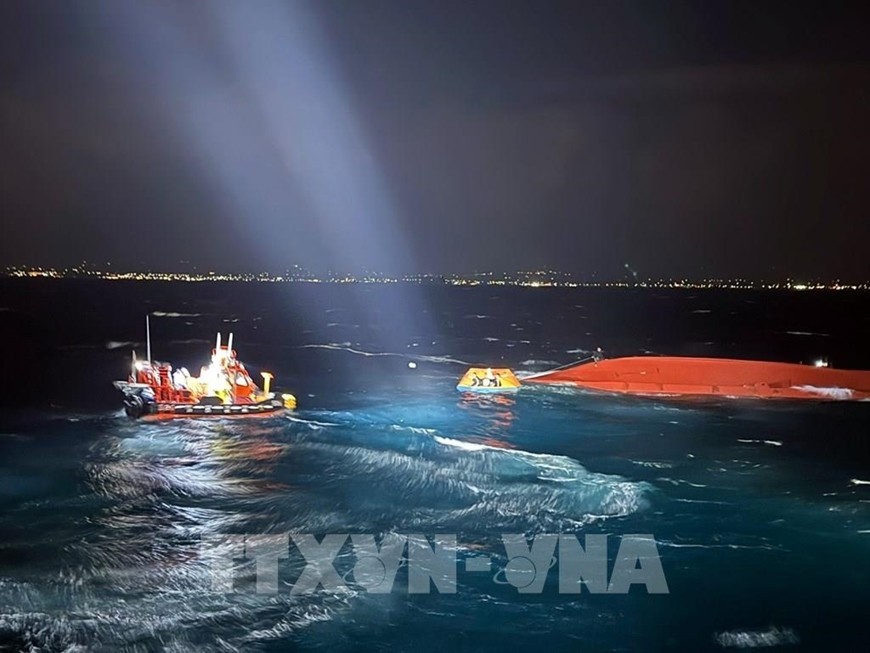 Seas and islands
Seas and islands






